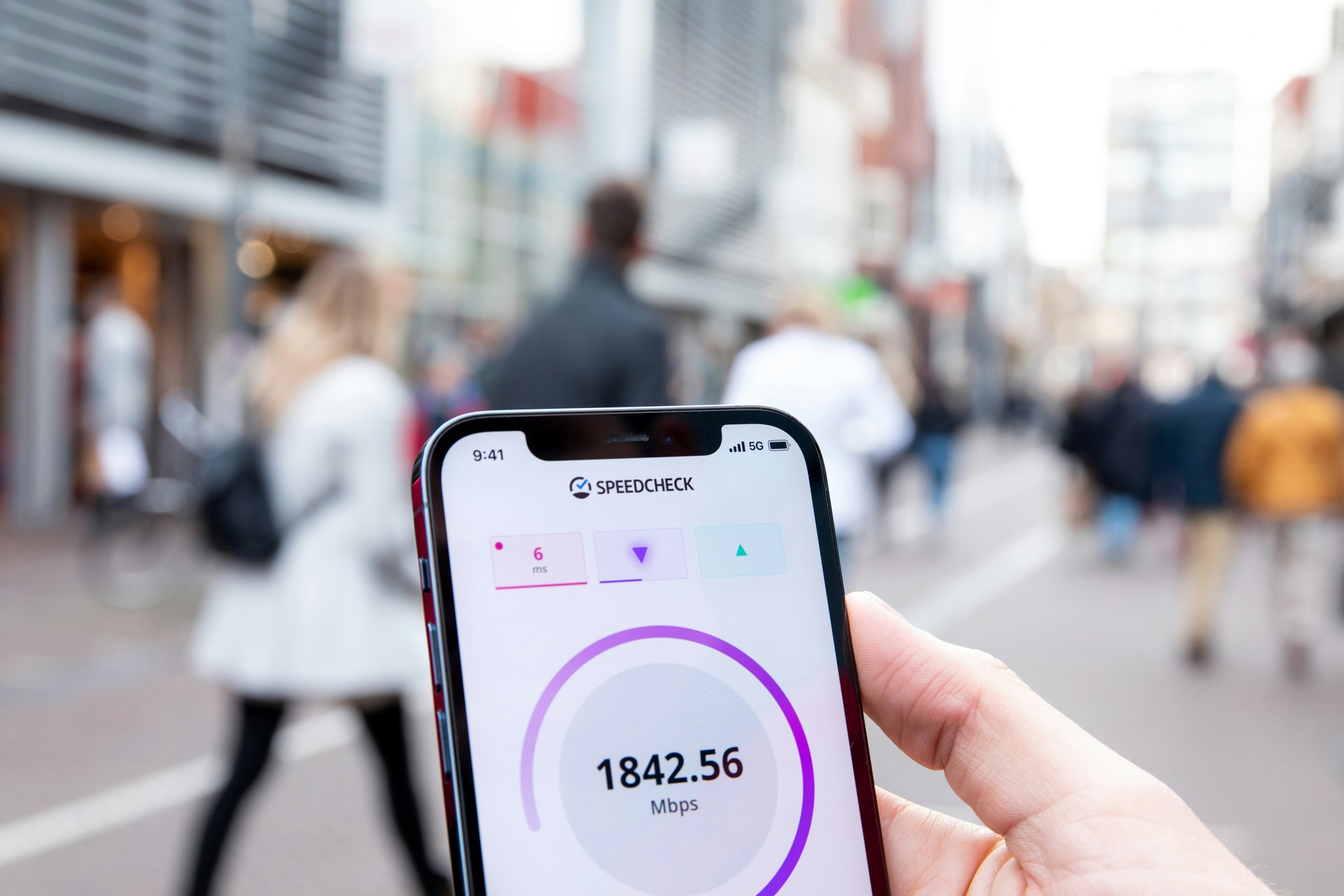Smartphones or tablets can be distracting at times, especially while you’re at work. Admittedly, it’s tough to ignore messages from friends and family, or social notifications when they’re just a lock screen away. It’s why many companies have banned the use of personal devices while on the clock.
The Survey
Therefore, it’s not a stretch to believe tablets would be plagued by the same issues, right? According to Dell’s 2014 International Tablet Survey of IT Decision Makers (ITDMs), that may not be the case. In fact, the survey suggests the modern use of tablets in offices is boosting employee productivity, mobility and employee satisfaction.
Boitumelo Kgonare, Client Product Marketing Manager at Dell South Africa, says because the business world has changed, employees now must finish work while on the move.
“How people work is changing – the days of going to a specific place to conduct business are fewer while more employees are on the move and require access to company information outside of the workplace. The Dell 2014 International Tablet survey underscores the way in which tablets are addressing those needs for today’s worker, resulting in a desire by IT Decision Makers to deploy more tablets in the future.”
Even though the survey was directed at IT managers and “decision makers” it’s still relevant to everyone. Most importantly, it shakes up the common belief that personal devices ruin productivity.
The survey was conducted in ten countries by Harris Poll during the summer of 2014. Dell’s idea was to collect global and regional data to present to their customers.
As the survey revealed, there’s information about adopted tablet policies, model usage comparisons, company and employee purchasing habits, and more. The most important data reveals the impact these devices had on productivity, and whether or not expectations were met. The results may very well influence IT strategies in the future.

Insightful Findings of the Dell 2014 International Tablet Survey:
- Nine out of ten IT decision makers have reported tablets are either included in their company‘s IT policies, under evaluation, or employees are allowed to use their own device(s).
- More than half of the ITDMs in Russia (58%), India (57%), China (52%), and the US (51%) have indicated they allow employees to use self-bought tablets, while other companies in China (59%), US (53%) and India (50%) allow employees to use tablets purchased with internal funds.
- In all countries except India (85%), at least nine in ten companies that now offer tablets as a standard tool, have revealed that employees were requesting them before they were implemented.
- Android tablets are the most used in India (91%), Brazil (87%), Russia (87%), South Africa, China (79%), UAE/Saudi Arabia (79%), France (69%), and the UK (69%). Windows tablets are more popular in the US (72%), while iOS tablets (iPads) are more popular in Japan (69%).
- Many ITDMs acknowledge that tablet adoption has improved productivity ratings for their company. Further, tablets have improved customer service, providing access to information while out in the field, and reduced duplicated work.
- Most ITDMs revealed they are planning to deploy or adopt more widespread use of tablets in the workplace.
- Organizations that don’t yet allow tablets are most concerned about data loss or compromisation due to device loss or theft. In the US (54%), India (67%), Japan (51%), China (15 of 28 surveyed), and France (53%) data security concerns are why organizations have yet to deploy tablets in the workplace.
What the Data Says
Essentially, this data points to the increasing use of tablets in the workplace regardless of who supplied them. Perhaps even more interesting is that once security concerns have been properly addressed, tablet usage may grow even more. That said, it is incredibly difficult to lock down a mobile device primarily used to store sensitive and confidential data. It may be a while until we see tablets adopted on a much wider scale. That is at least until more tools improve security. Cloud storage options can alleviate some issues. As long as it comes with support for IT managers to remotely wipe a device during an emergency.
Sadly, what the survey doesn’t reveal is how people use these devices or what kinds of limitations they have adopted. For instance, have the social and messaging apps been blocked? Has internet browsing been restricted while signed-in to a corporate account?
What’s in It for You?
Even with all the looming questions, the real takeaway here is that the data disrupts the common belief that personal devices ruin productivity. If anything, it should inspire you to assess whether such a device(s) would be beneficial in your workplace.
Images by Kaboompics
[mc4wp_form]
Recent Stories
Follow Us On
Get the latest tech stories and news in seconds!
Sign up for our newsletter below to receive updates about technology trends














